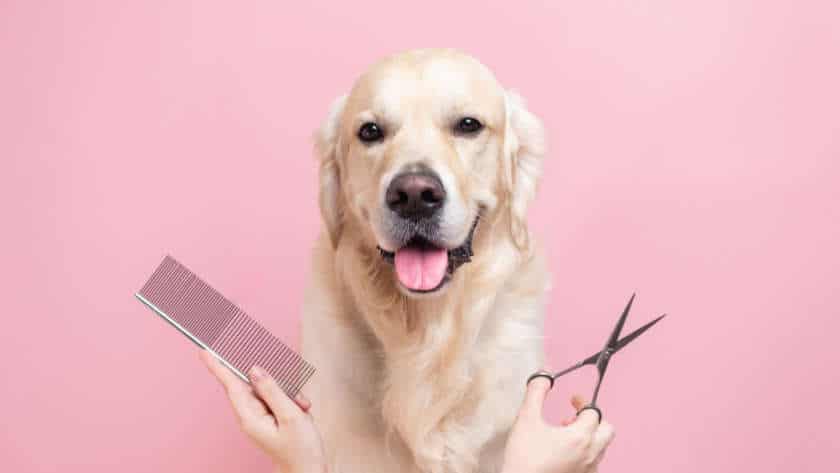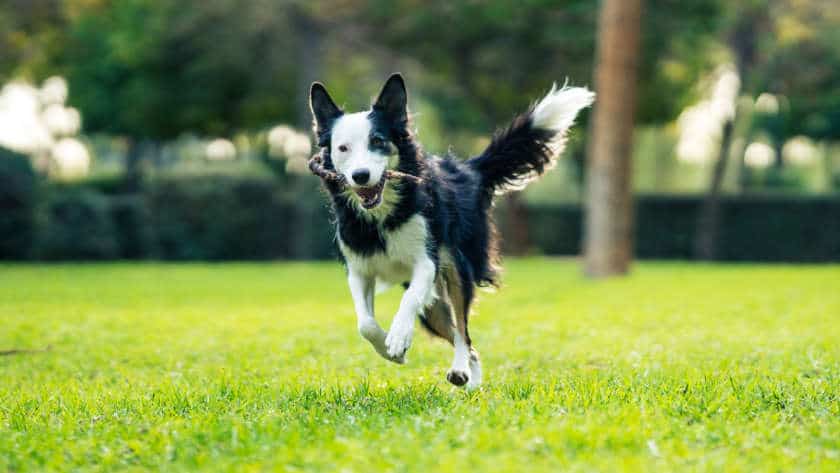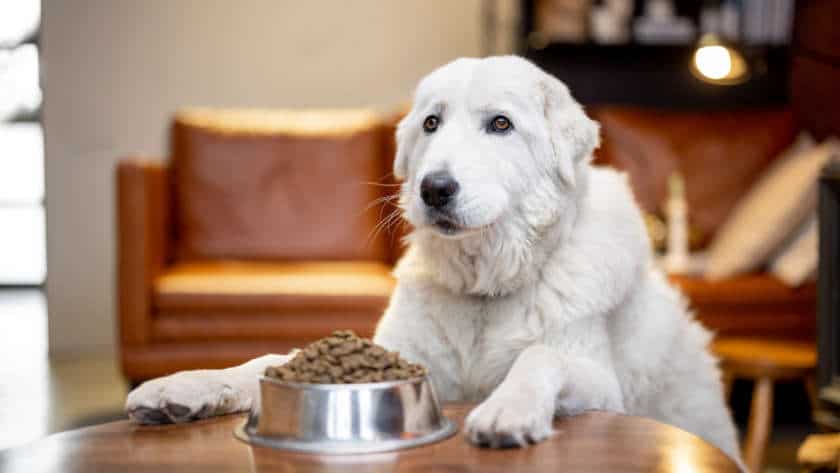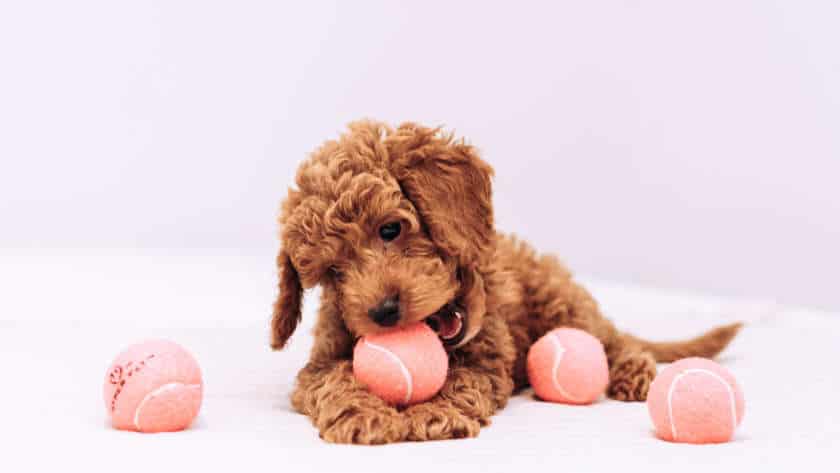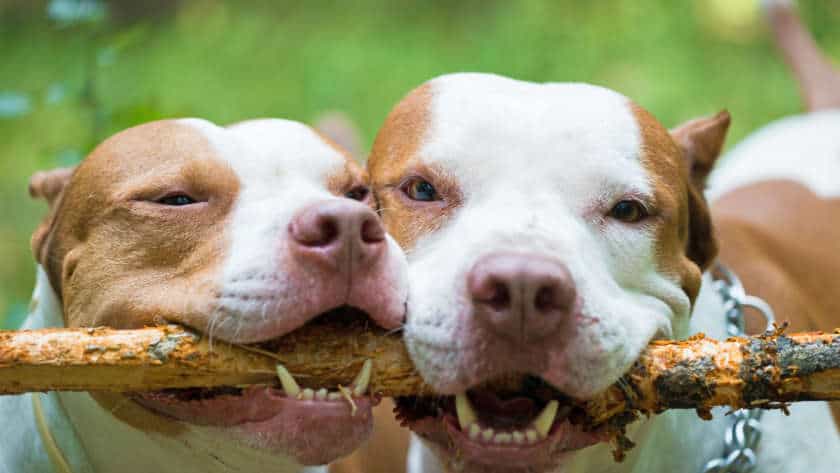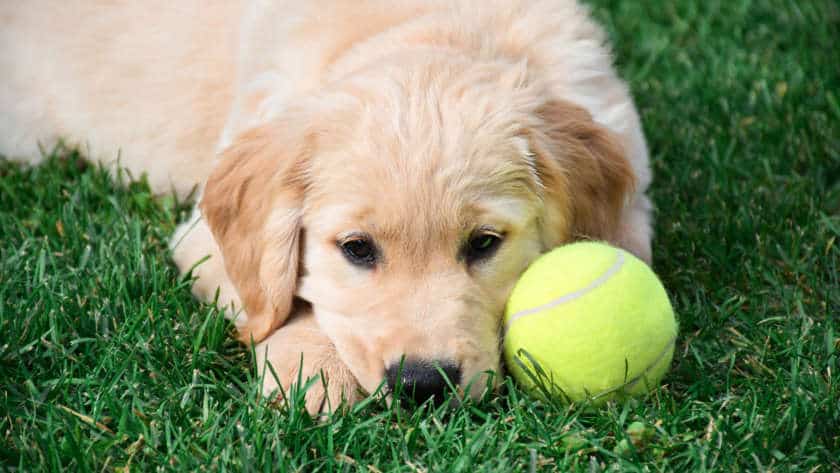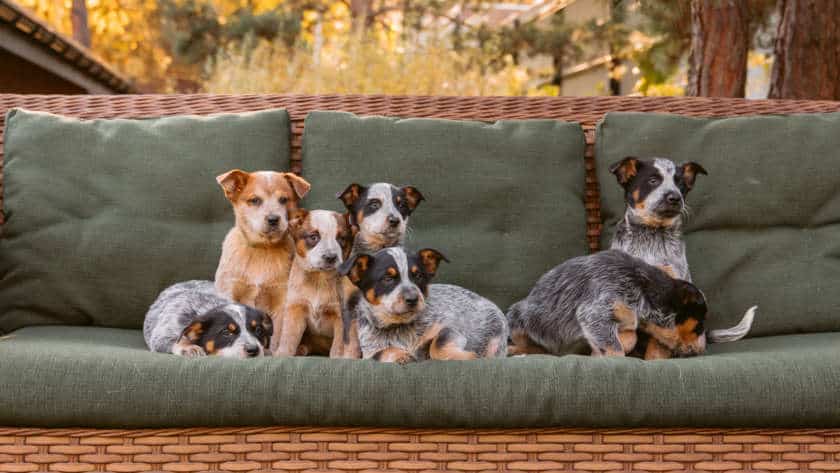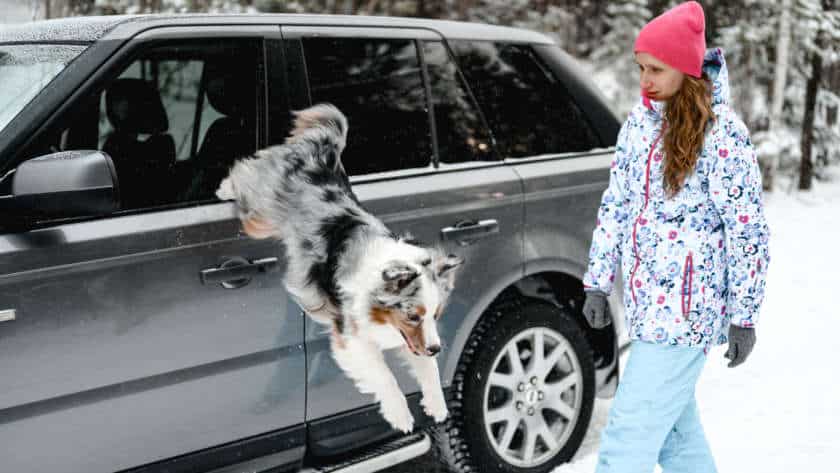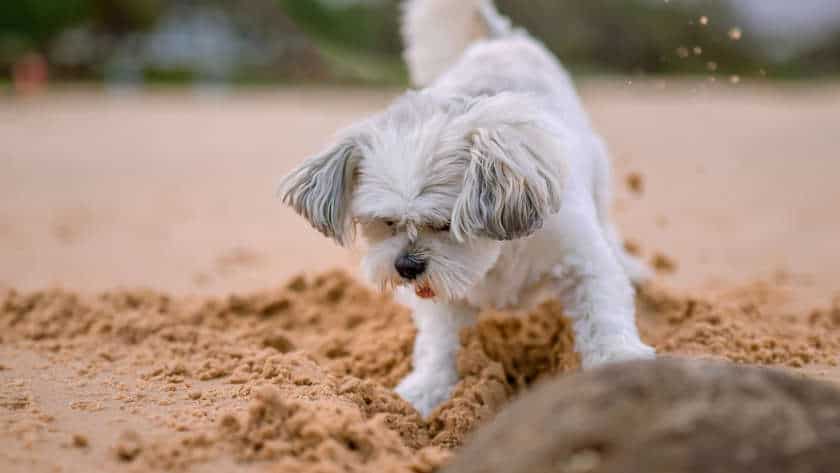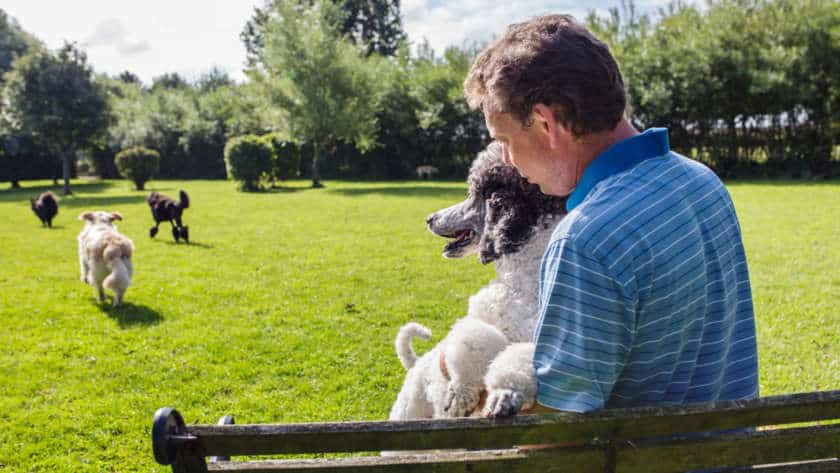Grooming Tools and Techniques: A Comprehensive Guide for Dog Owners Grooming your pooch is essential for being a responsible pet parent. Here's a guide for the best tools and techniques to keep your four-legged friend happy and healthy.
Brushing: Regular brushing removes dirt, debris, and loose fur. This prevents matting and tangles.
Bathing: Use mild…
